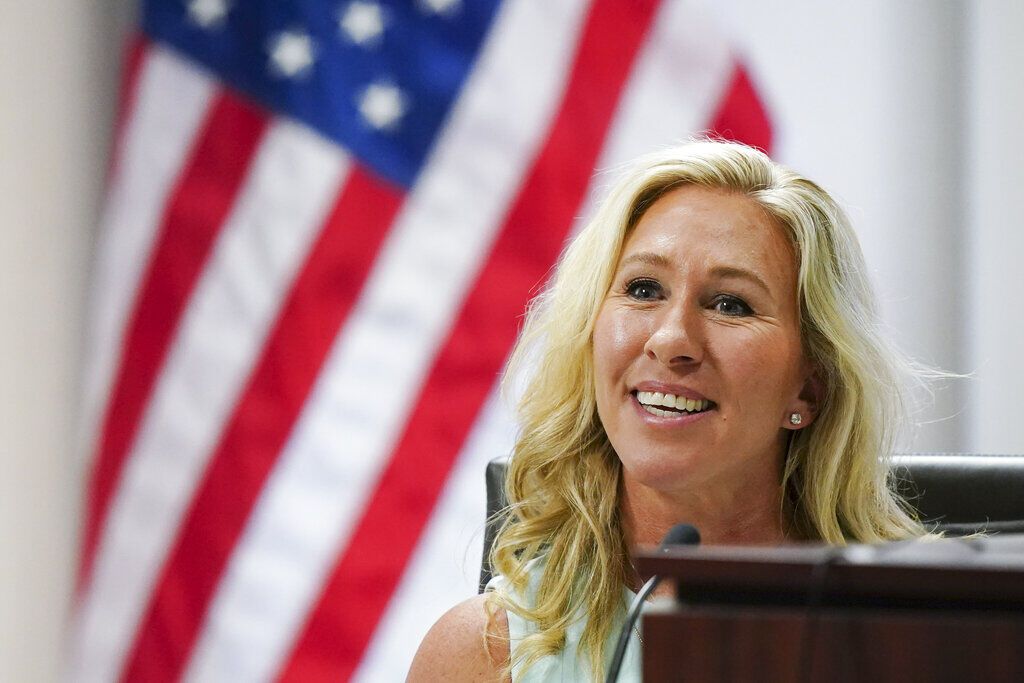Suncor released potentially unhealthy levels of benzene into Sand Creek after December fire

Suncor released potentially unhealthy levels of benzene into Sand Creek after a December refinery fire, according to the Colorado Department of Health and Environment.
After the two fires that injured two employees at Suncor’s Commerce City refinery, the company shut down the plant for repairs caused by extreme cold weather and for maintenance. Subsequent water quality monitoring discovered benzene in the plant’s wastewater system and in Sand Creek.
Suncor reported levels of benzene in the effluent that exceeded its 5 micrograms per liter (µ/L) permit allowance by 40% on Jan. 4 at 7µ/L and 80% on Jan. 5 at 9µ/L.
Testing by Suncor on Jan. 6 showed benzene levels at 20% of the permit limit, at 1 µ/L, according to a report to the Colorado Department of Health and Environment.
“Even during these so-called shutdown conditions, we remain concerned about the continuous poisoning of the air we breathe and the water we drink,” said Olga González, Executive Director of Cultivando, an Adams County nonprofit that focuses on the health needs of the Latino community. “In our community, the pollution emitted from the Suncor oil refinery has cost families unpaid time away from work to take their sick children to hospital visits.”
The U.S. Environmental Protection agency lists benzene as cancer-causing, and sets the acceptable level of benzene in drinking water at 5 µ/L or lower.
According to regulations, because Sand Creek flows into South Platte River – which is used as a drinking water source by communities downstream – municipal water systems were notified of the contamination by Suncor as a precaution, according to the report.
Benzene is a highly flammable colorless liquid at room temperature that occurs naturally in oil formations. Benzene is lighter than water and evaporates into the air very quickly. As a vapor, it is heavier than air and can collect in low-lying areas like basements, which presents an explosion hazard at higher concentrations.
Neither Suncor nor the Colorado Department of Health and Environment responded to requests for comment, and details of the spill, before press time.













